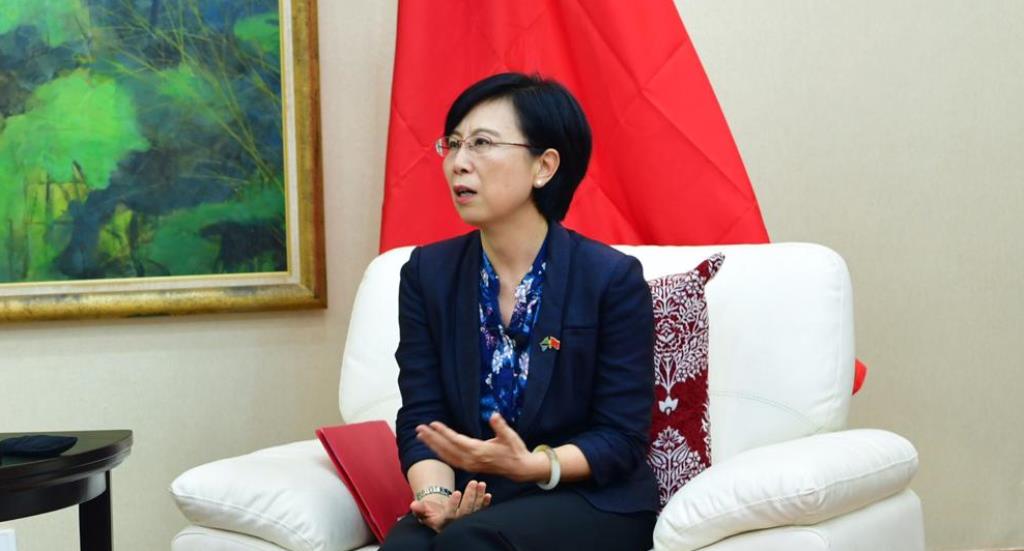AS China and the rest of the world intensify the fight against the deadly novel coronavirus, the Chinese Ambassador to Tanzania, Ms Wang Ke, has urged the public to neither panic nor evacuate students, as their government was doing all it can to normalise the situation.
Reports show that by the end of Monday, the number of confirmed cases of coronavirus on the Chinese mainland had reached 20,438 and a total of 425 people had died of the disease.
According to a statement issued by Ms Wang to the media on Tuesday, the World Health Organisation (WHO) does not recommend the evacuation of nationals, and called on the international community to remain calm and not overreact.
She disclosed that the assurance was made recently by WHO Director-General, Tedros Ghebreyesus when he met with the Chi nese State Councilor and Foreign Minister, Wang Yi in Beijing.
“Based on the professional advice from the WHO and considering the current situation in Wuhan, including the fact that China is pooling its resources to the city to fight the epidemic, it is a wise and safe choice for Tanzanian students to stay in Wuhan as it is good for themselves, their families and their country. “As a mother, I fully understand the feelings and concerns of Tanzanian parents whose children are currently studying in Wuhan, the epicenter of the novel coronavirus outbreak.” said Ms Wang.
The ambassador maintained that to date, there is no novel coronavirus case or suspected case among Tanzanian students who are currently studying in Wuhan, noting that they were all safe in their respective universities.
She outlined various measures being taken by the Chinese government, including good care of the students by the local authorities.
Ms Wang cited the example of Wuhan University, where foreign students are provided free meals, face masks, disinfectants and psychological counseling.
Likewise, university staff disinfects surrounding areas of student dormitories every day.
Foreign affairs offices at all levels in Hubei Province have opened 24-hour hotlines for expatriates, providing timely information and assistance when such need arises.
Moreover, each university in Wuhan has designated a contact person for foreign students and publicised that person’s name and mobile phone number online.
She, however, noted that they had reduced people-topeople contacts; all universities in Wuhan have postponed the start of the upcoming semester.
The specific date to begin the new semester will be announced later depending on the status of the epidemic.
“By the way, the provision of necessities in Wuhan and other cities in China is sufficient. The Chinese government has pledged efforts to sustain continuous supply of necessities to coronavirus-stricken areas, arranging daily transport of vegetables, cooking oil, rice and flour to Wuhan. Please be rest assured that the Tanzanian students in Wuhan and other cities in China will get sufficient food and other logistic support,” she noted.
The ambassador also cited measures taken by the government of Tanzania to prevent the importation of coronavirus cases from foreign countries as well as preparing itself for such a possibility.
Among such measures include authorities screening all incoming passengers at all major entry points, setting up Infectious Diseases Units in Kilimanjaro, Mwanza and Dar es Salaam, providing training to health practitioners on how to deal with infectious diseases and disaster management, and opening 24-hour toll-free hotlines for the general public to report suspicious cases.







